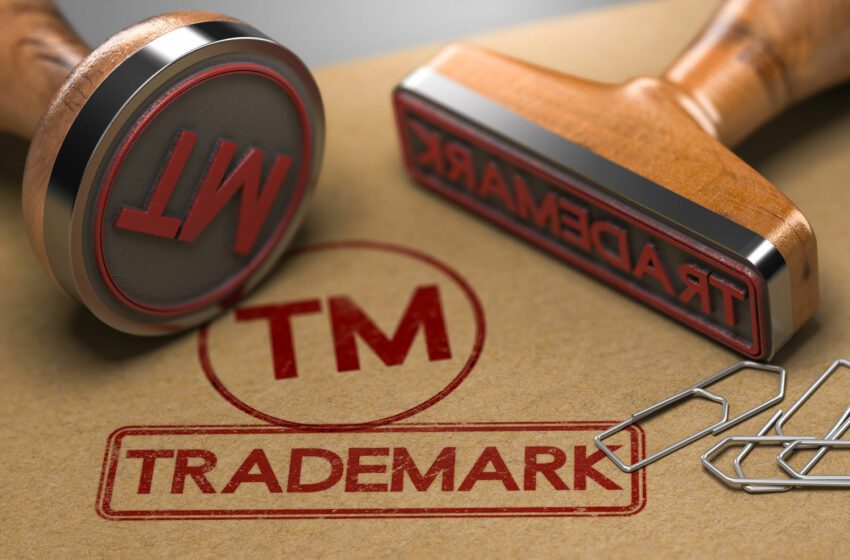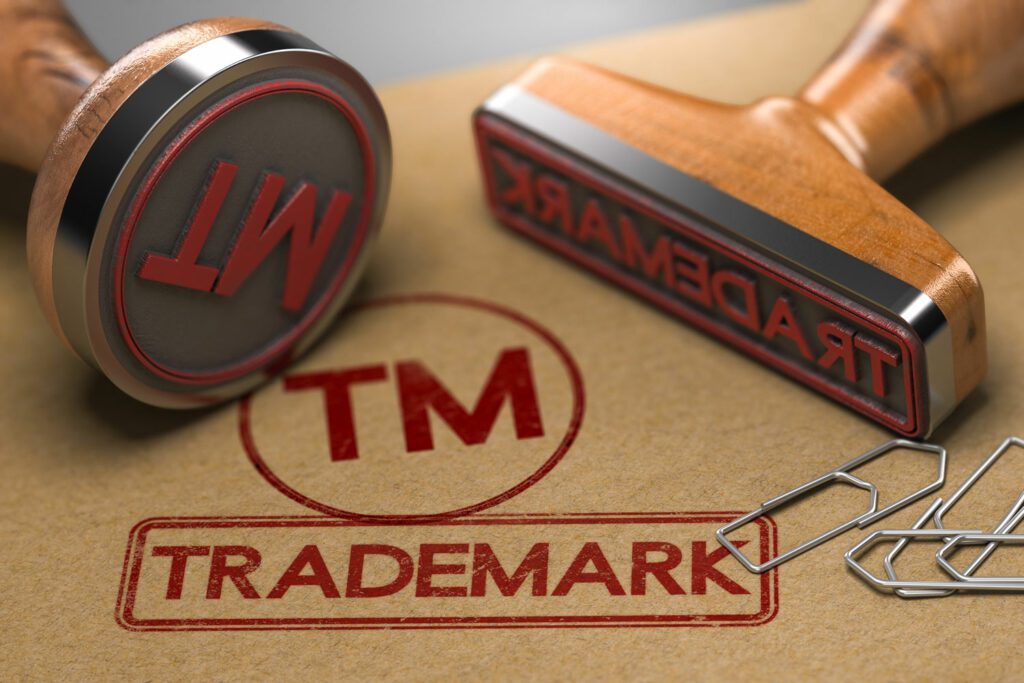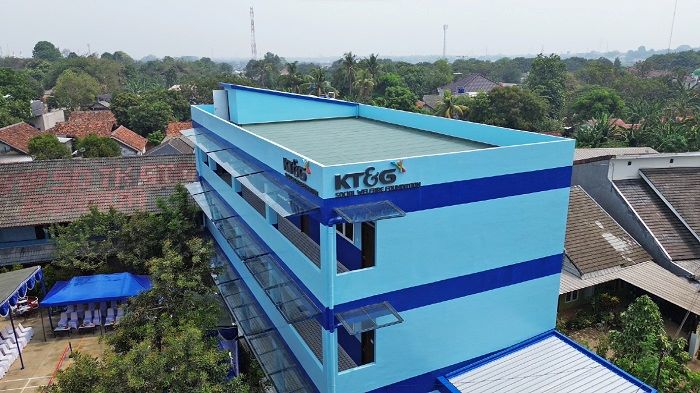Imperial Brands reported trading in line with expectations for fiscal 2024.
“We are pleased to report another year of operational and financial delivery against our five-year strategy to transform the business,” the company wrote on its website ahead of the Nov. 19 announcement of its annual results.
“At constant currency, we are on track to deliver in line with our full-year guidance with an acceleration in tobacco and NGP [next-generation products] net revenue growth versus last year and group adjusted operating profit growth close to the middle of our mid-single digit range.
“Constant currency tobacco and NGP net revenue growth has strengthened over the same period last year underpinned by strong combustibles pricing and further growth in our NGP business. Our investment activities in our five priority markets continue to deliver stable aggregate market share with gains in the U.S., Spain and Australia, broadly offsetting declines in Germany and the U.K.
These results are consistent with our medium-term objective to hold or grow aggregate share across these markets. At the same time, we have delivered strong pricing, while industry volume pressures have eased across the majority of our wider market footprint.”
Imperial Brands expects NGP net revenue to grow in the range of 20-30 percent at constant currency, with increases across all three regions as we build scale in our existing footprint. “Our results this year have benefited from the launch of innovative products with new formats under the Blu brand, new iSenzia non-tobacco heat sticks and new flavors in the modern oral segment,” the company wrote. “Our entry in the U.S. oral nicotine category with the launch of the Zone range of pouches has been well received and supported a stronger NGP performance in our U.S. business.”
Imperial Brands’ constant currency group adjusted operating profit growth improved in the second half of the year driven by strong results across all three regions, including the group’s Africa, Asia, Australasia and Central & Eastern Europe region where shipment timings in the Middle East affecting the first half have now been resolved.
“Our profit performance also reflects reduced NGP operating losses as we build scale while continuing to invest in line with our plans,” Imperial wrote. “Group adjusted operating profit has benefited from growth at Logista, the Spanish-based distribution business in which we have a 50.01 percent stake.”
Along with its trading update, Imperial Brands announced a further £1.25 billion ($1.64 billion) share buyback, which it expects to complete before Oct. 29, 2025. This represents approximately 7 percent of the current share capital and is a 13.6 percent increase on the 2024 share buyback of £1.1 billion. The company says it is on track to deliver total share buyback returns of £3.35 billion since we started the buyback program in 2022.



















